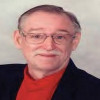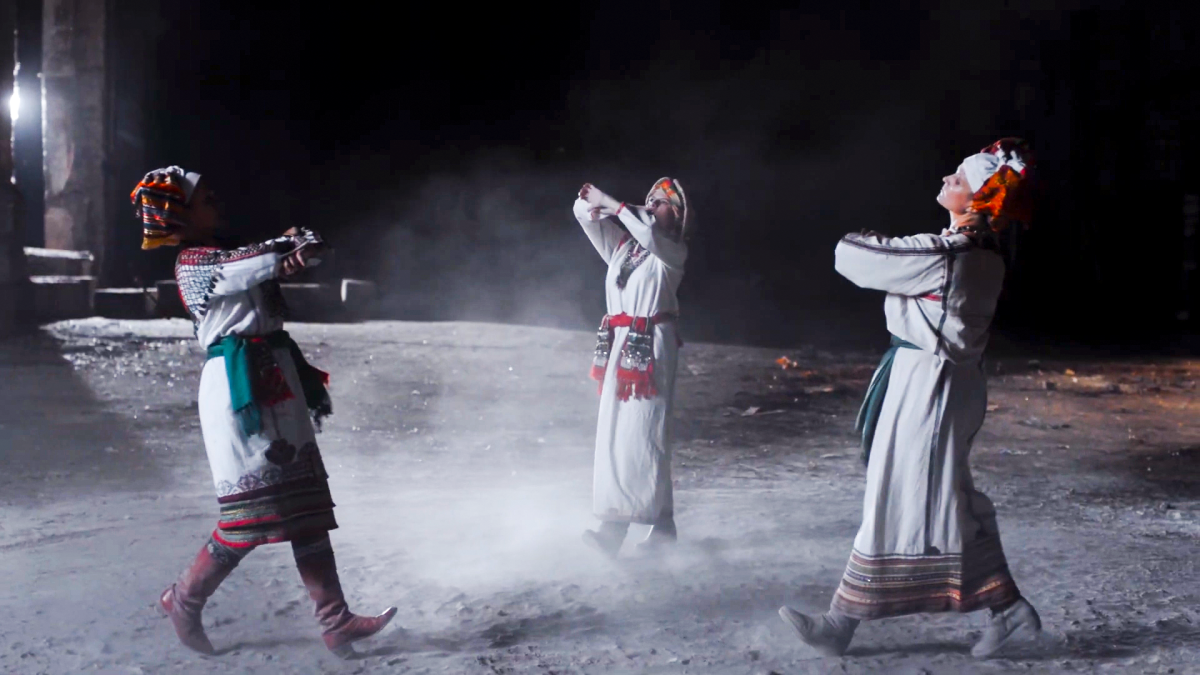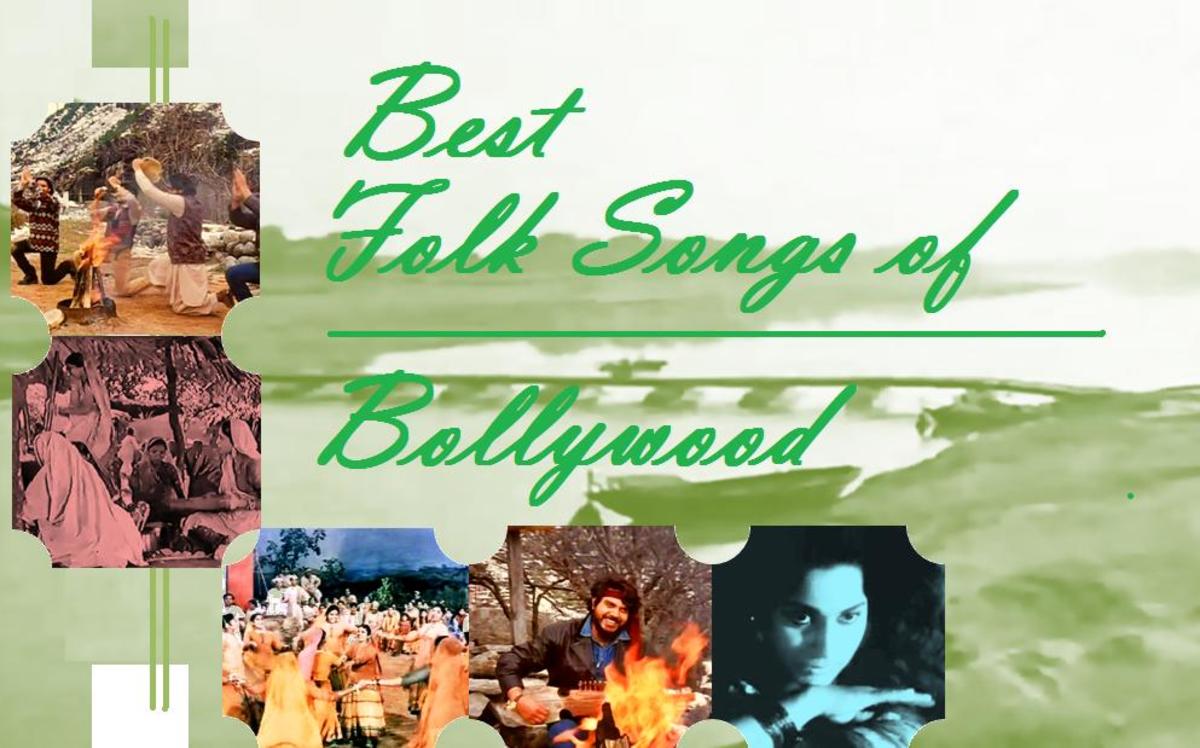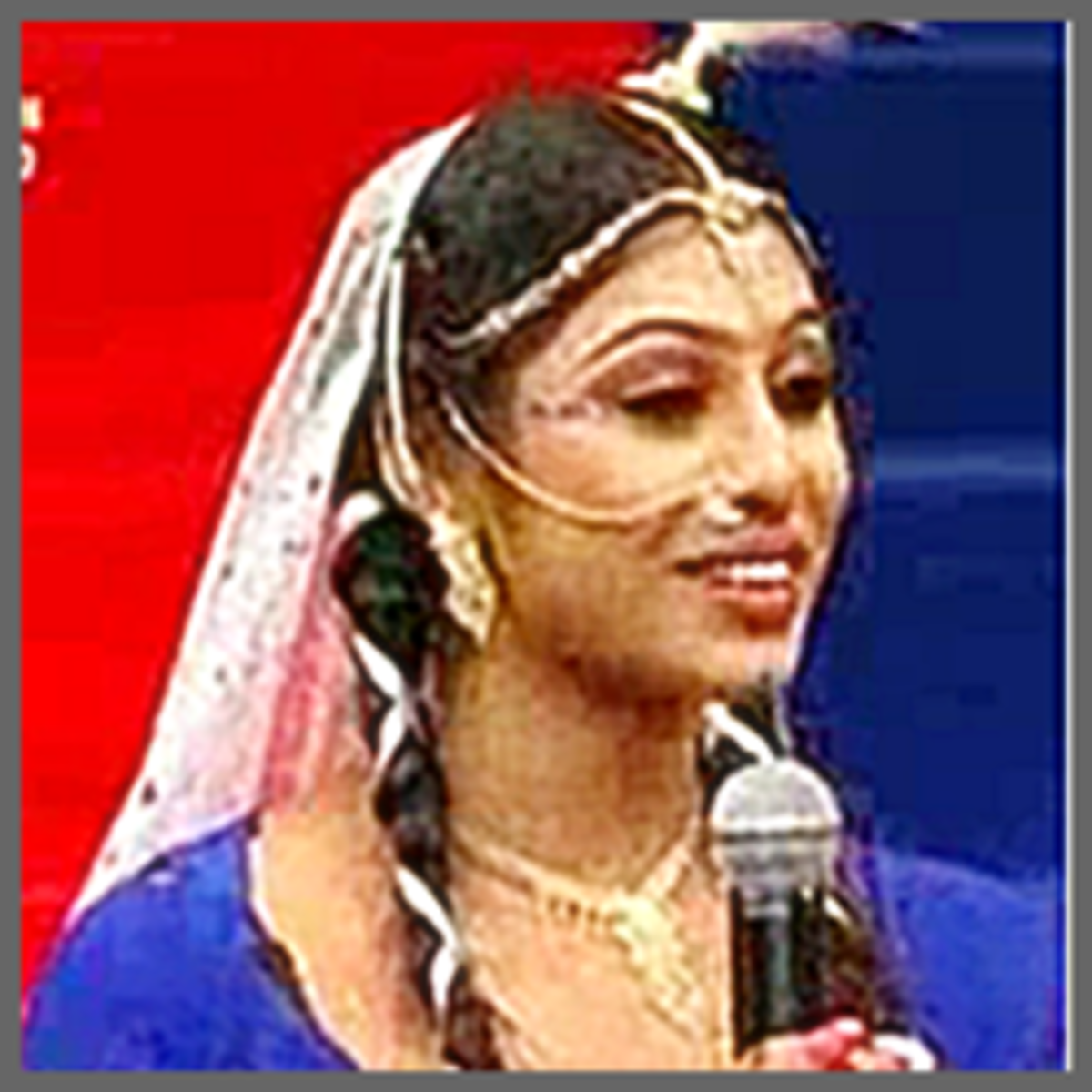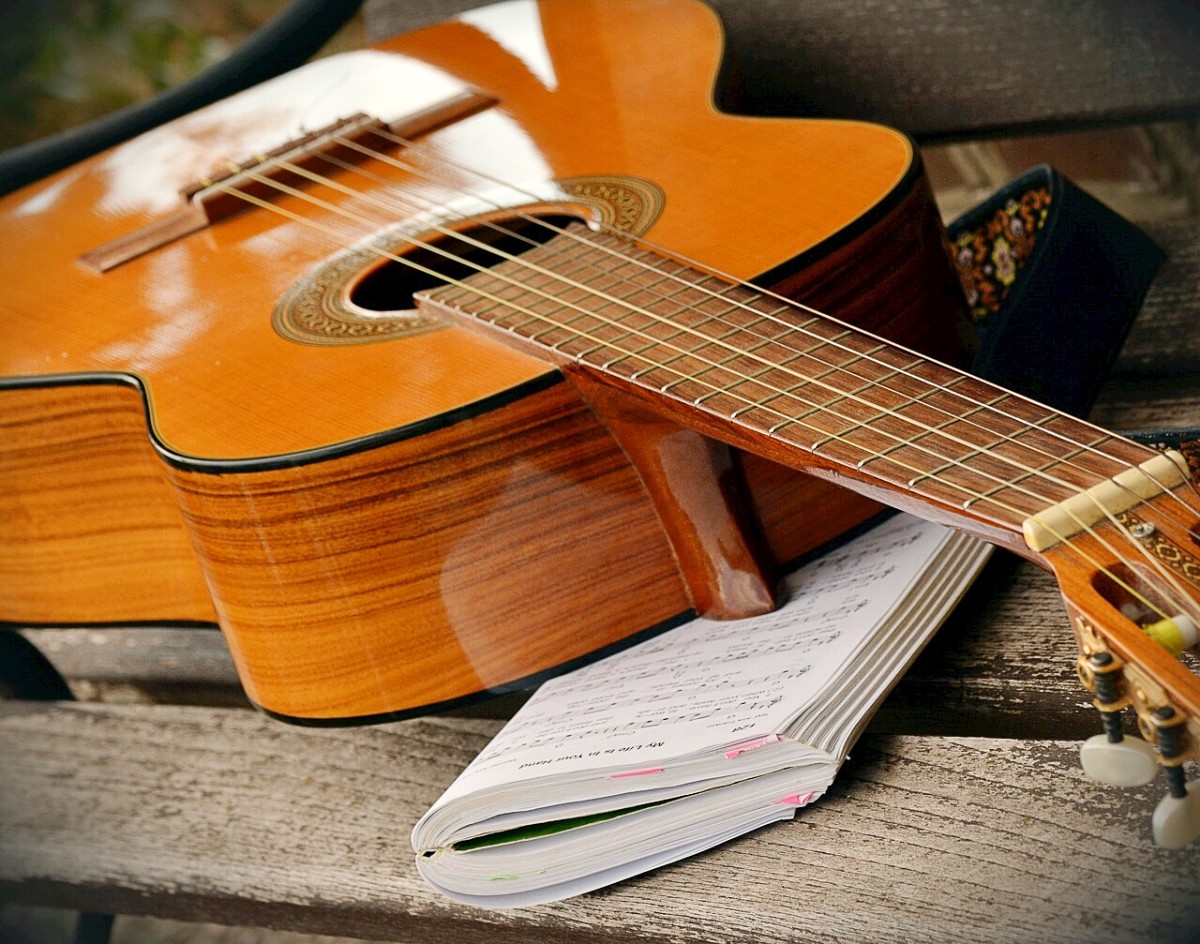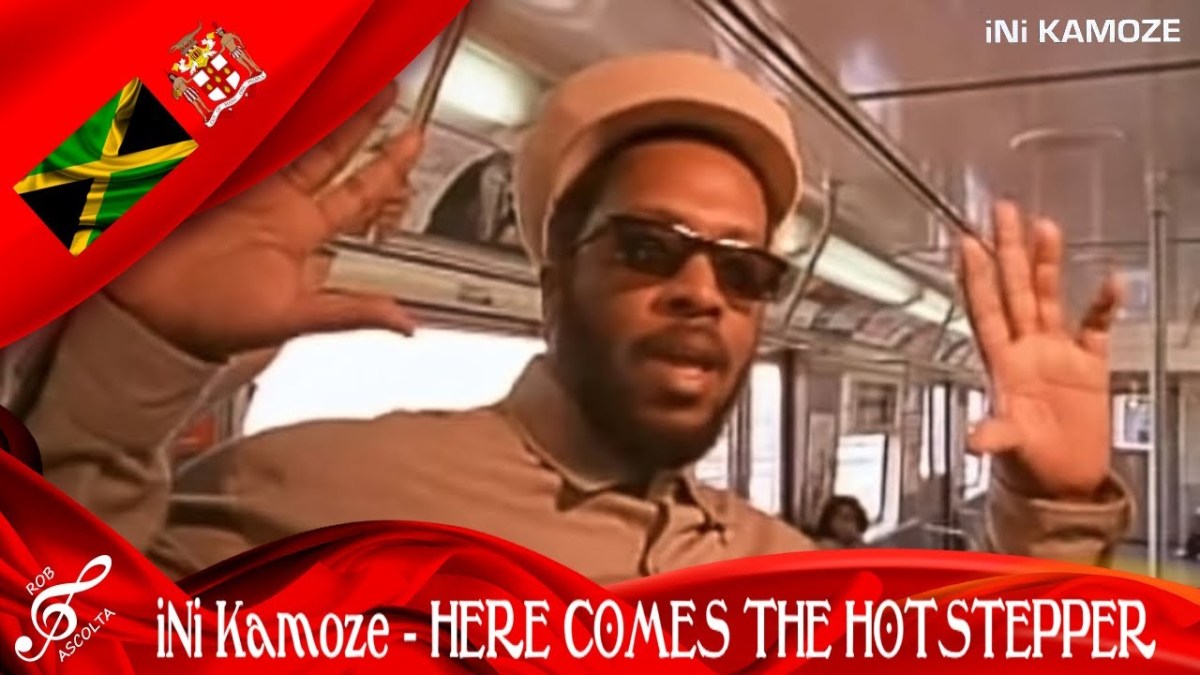American Folk Music, Past, Present & Future
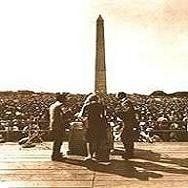
American Folk Music
American folk is probably the most overlooked music genre in America today. It is my favorite music genre and one that has become progressively less known since it's big boost in the 60's. Folk songs had something to say and said it with great style, passion and beauty. The solo folk artists, many of them singer/song writers, wrote and sang with great passion and feeling, and the folk groups had such unbelievably great and powerful harmonies which seemed by their very sharpness of sound to re-enforce the words. The words which the music re-in forced were never silly or sentimental but were primarily poems of protest and political or social comment. Thus, aside from it's pure beauty and passion of expression, or perhaps because of these qualities, American folk music not only reflected our Nation's history but also made an invaluable contribution to it in that it played a major role in shaping the political climate of the time, especially aiding in the civil rights movement. (See the Amazon spotlight below:)
Folk music was around since the start of our country, but, from the 1900s through the 60's American folk music got several boosts in popularity. The biggest boost was, of course, the 60's folk revival. It was one of the greatest if not THE greatest event in the history of music, since it brought American folk music into the mainstream of American popular music. Unfortunately, the popularity of American folk music began to decline in the 70's. So, where is American folk music today? it seems to have pretty much disappeared from the scene in many circles. As it was such a big thing in the 60's (The folk revival*) It's hard to believe that it would get so little attention today. Oh, American folk music is still somewhat alive in various circles, as you will see, but what is it's future? You can read my thoughts on this in the last few bits of text below, but then you can leave yours. So, please take a moment to vote in the pole at the end and leave any comments you might have. Thanks.
Past: Early history of American folk music -
Folk music has been around since the beginning of our country. European immigrants brought their ballads and some brought their acoustic instruments and composed songs about the kinds of lives they were living, so at that time, America's music came from the people, not from the music industry. Music was the culture and environment of the people wherever they worked and lived. For more click the link above and/or check out the music and the history given in the following section.
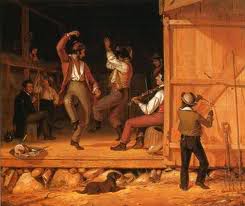
Past: Early American folk music:1700-1865
There was quite a bit of folk music in the early days of America, even from time of the puritans. As one resource puts it, "The Puritan psalm-singer,, the proud...farmer, the frustrated indentured servant, the ill-treated sailor and the angry English convict each expressed through folksong his experience in 17th century Colonial America. Traditional ballads from the Old Country and newly written ones...preserved the superstitions, described the Indians and poked fun at nearly everyone. ...
....As immigrants arrived in the 18th century, Irish fiddle tunes, Scots Highland bagpipes and African drums set the patterns for America's music. The songs highlight the cultural heritage of the immigrants and the changes during the period which affected American attitudes and way of life........The American Revolution inspired both British and American citizens and soldiers to write songs about their differences.".......
The resource listed below is one which I personally own and recommend. All the songs are authentic and sound great. There is a mix of solo numbers and duets. It includes songs of both the revolutionary area and the civil war. As the liner notes say of the revolutionary era: "American civilization stems from Old World sources. Our American use of the English language, literature, music and folklore come from the North of Europe. Each group of kindred people coming across the Atlantic brought its own lore - things of mind and spirit - and often "unreflectively, sometimes deliberately, have kept the identity of each individual folk traditions. .... This recording represents samples of lore of a kindred people at the time of the American revolution."
There are 15 listings of revolutionary era, although 6 of them are actually short stories or antidotes of things that supposedly happened at the time, so only 9 are actually songs. Then there are 6 songs of the north and 6 songs of the south from the civil war era. This CD is a real keepsake for anyone interested in that era of history..
Past: 1900 to the 1920
- According to the last link in the link list above, the term "folk music" replaced "ballads" sometime in the 19th century.
- However, according to the next to last link in the list: "[Some of] the earliest folk songs rose from slave fields as 'Negro Spirituals', songs of struggle and hardship, but, full of hope, and, some say, codes." (For more on this, click the green links above.)
- "Spirituals" and "folk songs" as well as popular songs made up the repertoire of Barbershop quartets, whose music became popular between 1900 and 1919.
- American folk music got its first real boost in popularity as such in the early part of the 20th century, especially with labor union leader/songwriter, Joe Hill and his many songs of protest and in support of the labor union movement.
--listen to one of Joe Hill's songs:
Check out all the songs of Joe Hill here:
- Joe Hill's Songs (and tributes)
Read Joe Hill's complete bio., DOWNLOAD & LISTEN TO A BRIEF SOUND CLIP of all of Joe Hill's songs, including FRAGMENTS AND RUMORED SONGS, his "other" songs, and Joe Hill Tribute songs. - Smithsonian Folkways - Songs of Joe Hill
You can get all Joe Hill's songs on CD, or audio cassette, or just download them, here.
Past: The 3 Major American folk revivals:
In their interesting book. "Singing Out: An Oral History of America's Folk Music Revivals" Dunaway and Beer discuss 3 major folk revivals
1) those of the folk singers who descended on Greenwich Village in the 1930s and 40's:
2) the singers and songwriters brought together in the 1960s civil rights and
3) antiwar movements; and the eclectic folk 'boomlet' of today." Dunaway's informative introduction describes the folk music revivals of the twentieth century as having their origins "in the Romantic belief in human possibility."
Past: 1920's and 30's
- The book in the Amazon spotlight above says there were 3 folk revivals:
- According to Ken Braiterman, the first was driven by collectors, who were probably, at least partially, inspired by Joe Hill. and combed through old manuscripts, seeking new discoveries, and publishing as many variations as they could find. Most famous among these were John Lomax, father of Alan Lomax, and Charles Seeger, father of Pete."
- Between 1933 and 1936 (During the New Deal), Alan Lomax roamed the backwoods collecting on a tape recorder for the Library of Congress. ...he lived for a while with Pete Seeger. Lomax's Library of Congress recordings were a major source of material for folk singers who inspired one another in New York's Greenwich Village in the 1930s and 40's.
- Thus, the next boost for American folk music was in the 30's and 40's with Woody Guthrie and his dust bowl ballads, and Burl Ives and his traditional folk ballads which he popularized through his radio show "The Wayfaring Stranger",
---Woody Guthrie:
--Burl Ives:
- Burl Ives, America's Balladeer
I think Burl Ives is one of the most overlooked artists in music history. Burl Ives' voice is perfect for the folk ballads which he loved to sing. Click this link to learn mpre about Burl and his songs.
Past: The 1940s and 50's
The next boost for American folk music came with Pete Seeger's solo folk singing from 1938 to 1941, and even more so from 1941 to 1944 with the Almanac Singers a group which Pete and Woody formed and which sing mostly labor movement songs and anti-war songs until they were forced to go underground.
--Pete Seeger
- Pete Seeger - An Ode to a Legend
This Ode is dedicated to Pete Seeger. Mr. Seeger was an activist. He is also a great folk song writer having written "Where have all the flowers gone?" and several other popular folk songs.
--Pete Seeger and Woody Gutherie
--The Almanac Singers:
- The Almanac Singers: original protest singers
The Almanac Singers are one of the most overlooked groups in music history. They concentrated on songs of protest, particularly for the labor movement which had started in the 1900's. Click this link tp llearn more.
Past: The 1950's
-
An even bigger boost came in the 50's, as the Almanac Singers resurfaced as the Weavers in 1950.
--Odetta:
- Odetta - Wikipedia, the free encyclopedia
Black singer Odetta started her folk singing career around 1954 and continued though
--The Weavers
- The Weavers, Great, Influential Folk Group
The Weavers were a great, influential and beautiful folk group in the 50's and, as such were the fore-runners of the folk revival of the 60's. Click this link foe more on this great group.
Past: A great compilation from the 30's through the 50's:
Listed below is a great compilation of traditional folk songs from the 30's through 50's by the original artists. I have it and am really enjoying it. There are five solo artists (Woody, Pete, Leadbelly Odetta, and my favorite, Burl Ives) and three groups (The Almanac Singers, the weavers, and the Kingston Trio.), with one duet of Woody and Cisco Huston. It's a great mix of solo artists and groups or duets. You'd be hard-pressed to find a more complete compilation of the years leading up to the great folk revival. Included are such classics as Leadbelly's original recording of "Goodnight Irene, Wood's original recordings of "This Land is Your Land," The Great Colie Dam," and "Pastures of Plenty," and Burl Ives' original version of :"The Big Rock Candy Mountain," "The Cowboy's Lament," and "Billy Boy" among others. The Weavers are adequately represented with their rendition of Woody's "So Long it's been to know you," plus their own rendition of Pete's "If I had a Hammer," as well as their renditions of "Lonesome Traveler" and "Wasn't that a time?" which appropriately ends the collection. There are even two spirituals, "Ezekiel saw the wheel" by Cisco Houston, and "Glory Glory" by Odetta. Yes, this is really a wonderful collection well representative of the years between 1930 and 1958. -----JMB
Past: Harry Smith's Anthology of American Folk Music
in 1952, an avid record collector named Harry Smith decided to put together a folk anthology. the result was the first extensive collection of folk music in the U.S, "Anthology of American Folk Music" It was created and edited by Smith for Moe Asch's Folkways label in 1952. Searching, you can find the original Anthology which helped bring about the 60's folk revival. There are several versions of this historic work available, some with accompanying CD sets and /or books, some even featuring Harry Smith's original songbook with related essays by noted writers, musicians, and scholars. I never had any of these items, so I cannot comment on it one way or the other, except to say that I find them a bit pricey, but for the serious folk historian or really serious collector, it may be a real consideration. As for myself, I'm well satisfied with the three items I actually listed on this page.
Past: The biggest boost: The 60's Folk Revival - Bringing American folk music into the mainstream.
BUT THE BIGGEST BOOST FOR AMERICAN FOLK MUSIC WAS THE 60'S FOLK REVIVAL.
Both the success of The Weavers from 1950 to 1952 and the publication of Harry Smith's "Anthology of American Folk Music" (spotlighted below) in 1952 paved the way for "the folk revival of the 60's," which, according to Pat Jacobs in the first article below, actually began in 1958 with the rise to #1 of The Kingston Trio's "Tom Dooley" and their subsequent hits of Tijuana Jail" "M.T.A." and "A Worried Man" in 1959. (For more factors in the rise of the revival, see 2nd module below.) The 60's folk revival brought American folk music into the mainstream of American popular music, and thus was one of the greatest if not THE greatest event in the history of music. For more check these links and the book below:
Past: The biggest boost: The 60's Folk Revival - Photo of Greenwich Villiage in the 60's from Flicker
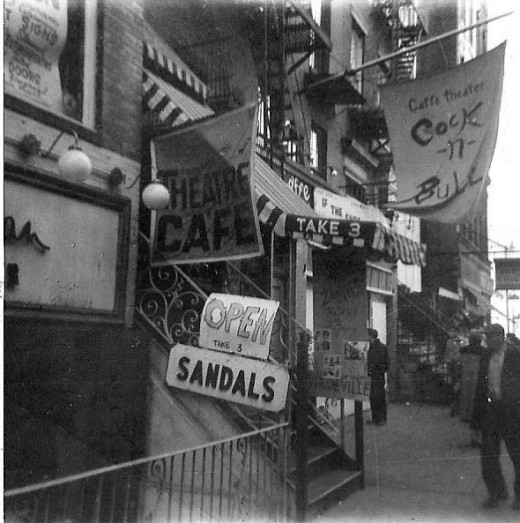
Past: The great folk revival of the 60's: check out this link:
- The Great Folk Scare and the Folkniks
Another view of the Folk Revival of the late 50s thru early 60s "They believed if they sang loud and long enough they could change the world"----???
Past: 10 Factors in the rise of the 60's folk revival
- The previous success of The Weavers (1950-52)
- The publication of Harry Smith's "Anthology of American Folk Music" (mentioned above) in 1952 and subsequent interest in the same.
- The rise to #1 of The Kingston Trio's hit, "Tom Dooley" in 1958.
- The Kingston Trio's subsequent hits of Tijuana Jail" "M.T.A." and "A Worried Man" in 1959.
- Also in 1959, The formation of The Limeliters.(See below.)
- Also in 1959, The start of "The Chad Mitchell Trio."
- The formation of The Highwaymen in 1960 and the success of their #1 hit "Michael Row The Boat Ashore" in 1961.
- The coming of singer/songwriter, Bob Dylan to Greenwich Village in February 1961. (His great writing talent provided songs for groups like Peter, Paul & Mary and other groups as well as solo folk artists like Joan Baez and Judy Collins.)
- The formation of the group Peter Paul and Mary in Greenwich Village in 1961, and the release of their debut album in 1962. (See below.)
- The formation of The New Christy Minstrels by Randy Sparks in 1961 and the success of their Grammy winning debut album "Presenting the New Christy Minstrels" in 1962. (See below.)
Past: Some folksingers of the 60's folk revival - Take a listen:
Here's a sampling of some of the best American folk music from some of the best American folk singing groups and solo artists. I'm sure you will see what I mean about the passion and also the great harmony of the groups here.
--Then there's my favorite groupe , "Peter Paul and Mary":
---Peter Paul and Mary:
- Peter Paul and Mary, durable folk group
It was not without reason that Peter Paul and Mary are known as the most popular folk group of the 60's and one of the most durable music acts in history. Click the link for more.
----And the group that was "The Limeliters:" (Current and former members of the 1950s and 60s pop folk group The Limeliters)
--The Limeliters:
- The Limeliters
The Limeliters are another of the now little-know but then great folk groups of the 60's folk revival. They featured the golden voiced Glen Yarborough as their lead singer.
Past: Folk Revival: 1958-1968: - 60 great folk hits here in 3 CDs:
[From the liner notes::] ."Folk music had been an integral part of American culture for decades. But the folk revival that flowered in the Coffee houses of New York s Greenwich Village as the Fifties closed would inspire a new generation to pick up their acoustic guitars and play."
I have this 3 CD set, and I must say, it is without a doubt the most complete and varied set of folk music and folk artists you will find anywhere. It offers a nice mix of solo artists and groups or duets. And it runs the gamete of time from the end of the 50's to the end of the 60's. The song "Kisses Sweeter than wine," although listed as by Pete Seeger, actually features Pete's grope, the Weavers. The version of "Where Have All the Flowers Gone" is the most beautiful version by the Kingston Trio. The trio is featured on two other sons. The other groups featured are, Peter Paul & Mary, the limeliters, the highwaymen, , the tarriers, the Greenbrier boys, and the brothers four, and one I hadn't even heard of, but who sound great, namely, the Swagmen. I was pleased that not only was "Green fields" by the latter group included but also "The Green Leaves of Summer." The soloists include the golden voices of both Judy Collins and Joan Biaz, and such folk luminaries as Woody Guthrie, Doc Watson, Mike Seeger, Oscar Brand, and, of course, Bob Dylan. I only wish they would have included more of Bob's original songs--there are a few and a few covers. All in all, I don't think you could find a more comprehensive collection representing the 60's folk revival. And if you get this set and the one listed above and possibly the single CD listed above that one, you'll have all the American folk music you'll ever need.
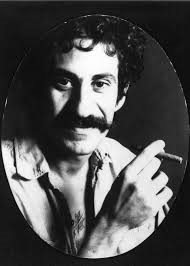
Past: 70's: Decline of American folk music
The following is a quote from the above link "A complete history of American Folk Music." I copy it here to put it in proper perspective in this hub:
"By the 1970s, folk music had begun to fade into the background, as the US pulled out of Vietnam and the Civil Rights Movement saw its biggest triumphs. Folksingers continued to persevere. James Taylor, Jim Croce, Cat Stevens, and others wrote songs about relationships, religion, and the continuously-evolving political climate." Among the "others" were Joni Mitchell. Then there was the English/American folk/rock group "America" which was somewhat popular from 1972 to the early 80's.
Past: 80's Slight resurgence - mostly "under the radar"
Continuing to quote the article: "In the 1980s, folksingers focused on the Reagan-led economy and trickle-down economics. In New York, the Fast Folk Cafe opened and spawned the likes of Suzanne Vega, Michelle Shocked, and John Gorka," and this from "A New wave of folk-Pop," "..mostly under the radar..." the Fast Folk scene included John Gorka, Shawn Colvin, Nanci Griffith....[Yet.] Suzanne Vega...managed to penetrate the synth-pop of the 80s...."
Past to Present: Folk-Rock, & The Fall of American folk Music - Why didn't it last? Where is it today? Where will it be tomorrow?
As you can see from the above quote, starting with the 70's American folk music began to decline. Especially following the British invasion of the Beatles and other groups, rock and roll again took top billing on the charts. But, although many rock groups did have good harmony, none could match the folk sound. The Byrds were close with their folk-rock sound, covering many songs of Bob Dylan and other folk songs. Today, my local oldies station will play the Byrds, but just try to get them to play Peter, Paul & Mary. But, you can judge for yourself. Take a listen to the Byrds below:
--Folk-Rock group, The Byrds:
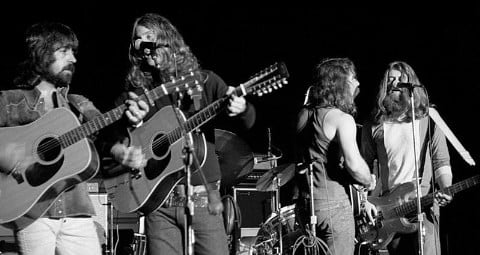
SO WHATEVER HAPPENED TO FOLK? Where is it today?
- No more a major Grammy category, it is not even mentioned in the Grammys or any music award shows today.
- The only time I hear folk music on the radio is in a 3 hour program on Sunday afternoon on public radio called "folk and acoustic music" (see link below) and much of that is acoustic and not folk--much is more bluegrass which is really more like country. See the link below for more on this weekly program.
- Many online and mail CD clubs don't even list folk as genre. If they carry any folk music at all it's hidden in the country section or the "alternative" section.
- Go into many CD stores, both new CD stores and the ever popular CD exchanges and you will be hard pressed to find folk as a category. If they even have any "folk" CD's they will be very few and tucked away under "country" or some other obscure category.
- The Showtime section of our local paper, in listing upcoming concerts and appearances by music genre never lists any under folk. If there are folk artists they are listed under "country" or "bluegrass."
- Yet, at least is seems that folk music is not entirely forgotten.
(case in point: The album in the 2nd spotlight below:)
Past, Present & especially The Future: The Never Ending Revival - Is American Folk Music Really Dead?
As the title of this book indicates, the revival does go on, no matter how small in scope. Despite his positive tile, his first chapter is "Where Have All The Folksies Gone?" which he answers in his last chapter: "Gone to the internet." So perhaps this is where folk's future lies.
Present: American folk music in the digital age - So, can we say that folk is music ia a lost genre?
- The Internet and the Digitalization of Contemporary Folk Music (2000+)
"The Internet has expanded the folk world... What traditionalists consider to be an un-folking of folk music, others see as an opportunity for progress. "
Present: Some Modern American folk music
Although it is sparse, there are traces of American folk music today. in addition to programs on public radio and other stations and various folk fares around the country, a few singer/songwriters are still writing and recording their own folk songs. You should still be able to find a few compilations which captured some of the best both of newly written songs in the folk tradition and / or new renditions of standards.
Future: The Future of American folk Music - On The Positive Side (Sort-of).
Here are a few sort-of positive things to add to those I listed immediately above and to those listed in the last article on the above link list:
- Of course there are occasional specials about folk music on the public T.V. stations, though they're few and far between and interrupted by pledge breaks.
- There are some local folk groups which get together from time to time and there are still the annual folk festivals, but it seems to be a cult thing with few followers.
- I have to admit I was surprised to find so much folk on Youtube.
- Barns & noble, Amazon and even Ebay do have it as a catagory--I wonder for how long?
- At least it is on public radio (I already mentioned the 3 hour weekly radio show. There is also the "Woodsongs Old Time Radio Hour," which is a radio show which is re-broadcasts on public T.V. semi-regularly.) But as I said these radio show tend to also include things like bluegrass and even country instead of sticking strictly to folk.
- The Grammys Do have it as a category. Since it's never mentioned on T.V., I had assumed they had eliminated it as a category, until I came across an article by Kim Ruehl, stating that "the folk and Americana categories will not be shown on TV." (More on this in the 2nd module below:)
- Dunaway and Beer, in their book " Sing Out! An Oral History of America's Folk Music Revivals" (spotlighted above) speak about the eclectic folk "boomlet" of today.
Present and Future: American folk music and THE GRAMMYS
- THIS IS WHAT I WROTE WHEN I FIRST MADE THIS PAGE, ABOUT 5 YEARS AGO:
Perhaps I'm being too negative, but I just feel that folk should have a more prominent place among music genres today--especially it should be a category in the Grammys. I think it was for a while after the Kingston trio did so well with "Tom Dooley." There wasn't a category for it then, so they were declared best country group. The category was added later, but as folk's popularity waned, it was dropped. Since there are still folk singers and folk groups struggling to make their way today, why don't they add it back?
- BUT 3 years ago, (Feb.10, 2011), I was surprised to find an article called "2011 Folk and Americana Grammy Predictions" By Kim Ruehl (no longer available), in which he mentions that the folk and Americana categories will not be shown on TV." So at least it is a category now. So perhaps I was wrong and it never was eliminated, or perhaps it was eliminated and later restored. At least it's a category now, but why don't they mention it on T.V.? I guess it's the old-time restraint thing, but it sort of shows where folk music is. Do you think it will be mentioned on the show next year? Please vote in the poll module below.
- AND, when I originally wrote this, over 3 1/2 years ago, (FEB.14, 2011), There I was again, with egg on my face! I was pleasantly surprised to find that the performances at the Grammys show last night included a surprise salute to acoustic music, introduced by David Letterman's "Top 10 List" and which featured 2 folk-rock groups (if you can't have pure folk, folk-rock is better than nothing) one from England, Mumford and Sons, and one from South Carolina, The Avett Brothers. Then, Bob Dylan came out and sang with the two groups, of all things, "Maggie's Farm, " the song, ironically, which he had done with electric guitar at 1965's Newport Folk Festival. Who knows why these artists were slated to perform. The Mumford brothers nominated for 2 awards but not in the folk category (best new artist and best rock song), the Avett brothers were not nominated for anything and neither was Bob Dylan although he won last year (where was I?) for best Contemporary Folk/Americana Album for "Modern Times."
Also, The Kingston Trio were mentioned as receiving a lifetime achievement award.
In 2011, I checked out the winners of "traditional folk album" and "contemporary folk album" and I must say I was not impressed. Upon checking the Grammys site, I didn't see a category for best folk song--only albums. So that's something they need to work on. What one source said of the show this year in general certainly applies to the area of folk specifically. It's basically, that the awards were disappointing, but the performances made up for it.
- Regarding the 2012 Grammys, Kim Ruehl says in "2012 Grammy Winners - Folk and Americana" (also no longer available), "While little of the folk or Americana categories were represented on the show, folk and Americana artists were nominated in a number of different categories, and the folk category winners - the Civil Wars - were granted one minute to play an excerpt of one of their songs before introducing Taylor Swift. Mumford and Sons - one of the most mainstream-friendly folk bands in 2011 - earned a nomination for one of the monster awards of the mainstream: Record of the Year."
Future: What do you think? - Please vote in this poll (below):

In next years Grammys, Will a Folk music award be presented on T.V.?
Present / Future: What's next for American folk music? - Folk-punk-? Folk-hop-? Folk-polka-?
- What's next for American Folk Music?
This author for-sees a blending of folk with other forms. For example, he says "Folk-hop is on the rise, and it's sure to impact how future generations approach traditional song." - Folk Music Genres - Folk Punk
This author points out that American punk-rock bands turned to folk-punk in the 2000s
Is American Folk Music Really Dead?
Click the link to join in the discussion on Amazon.
- IS AMERICAN FOLK MUSIC REALLY DEAD?
An Amazon discussion
